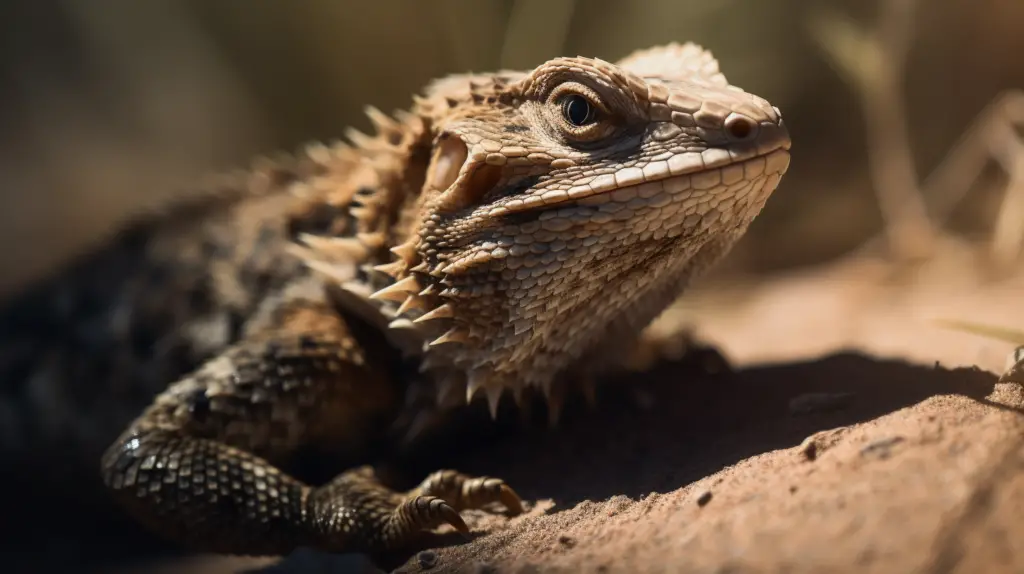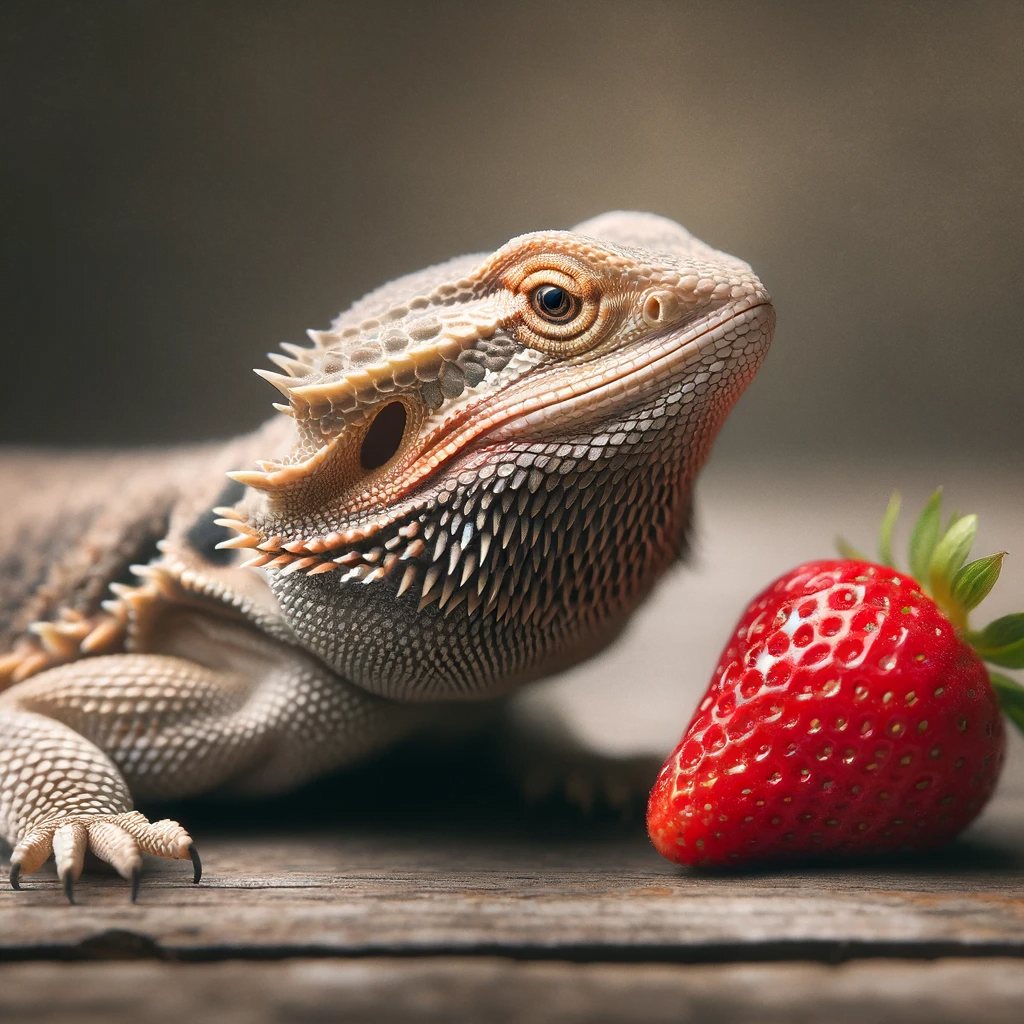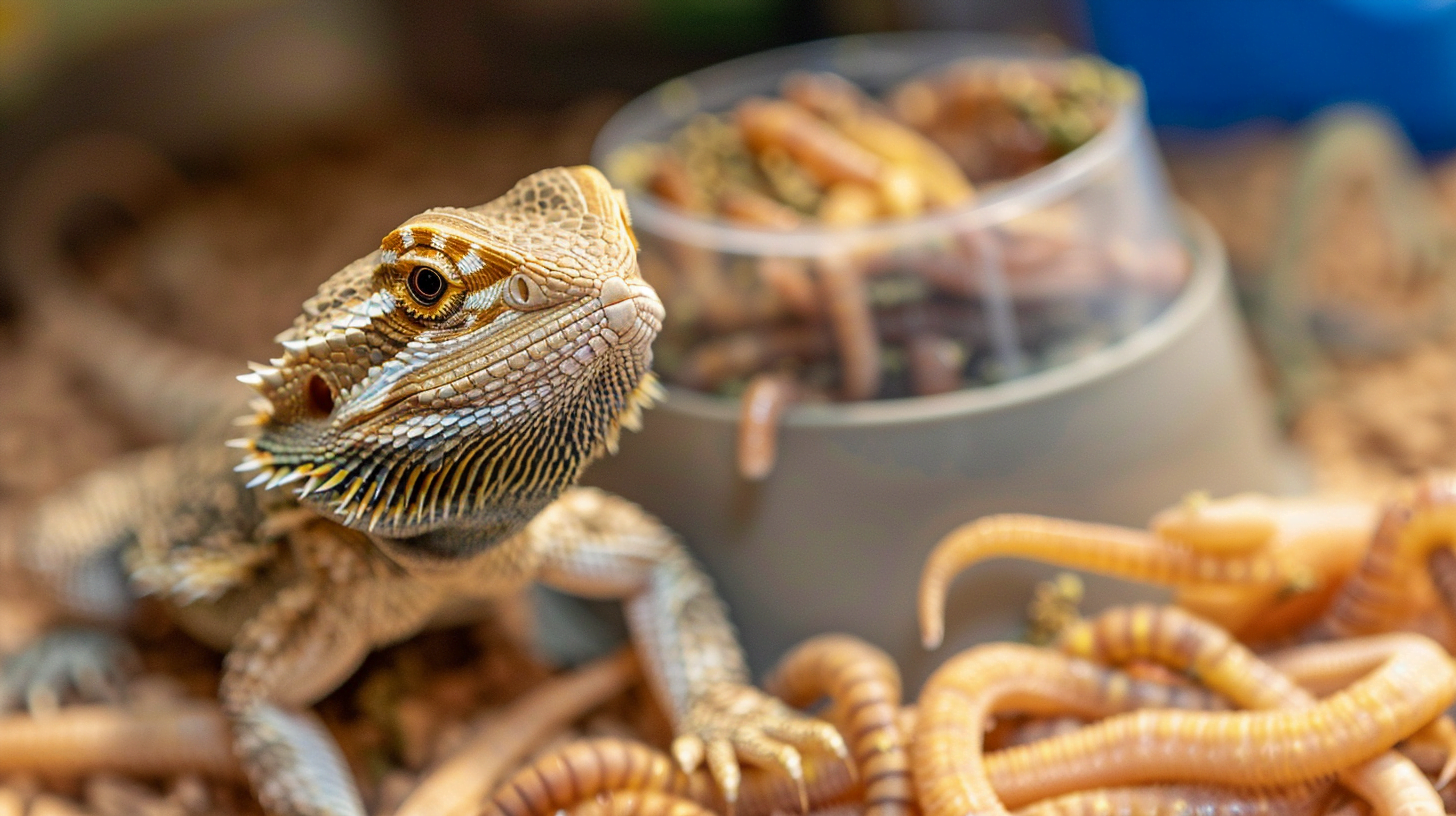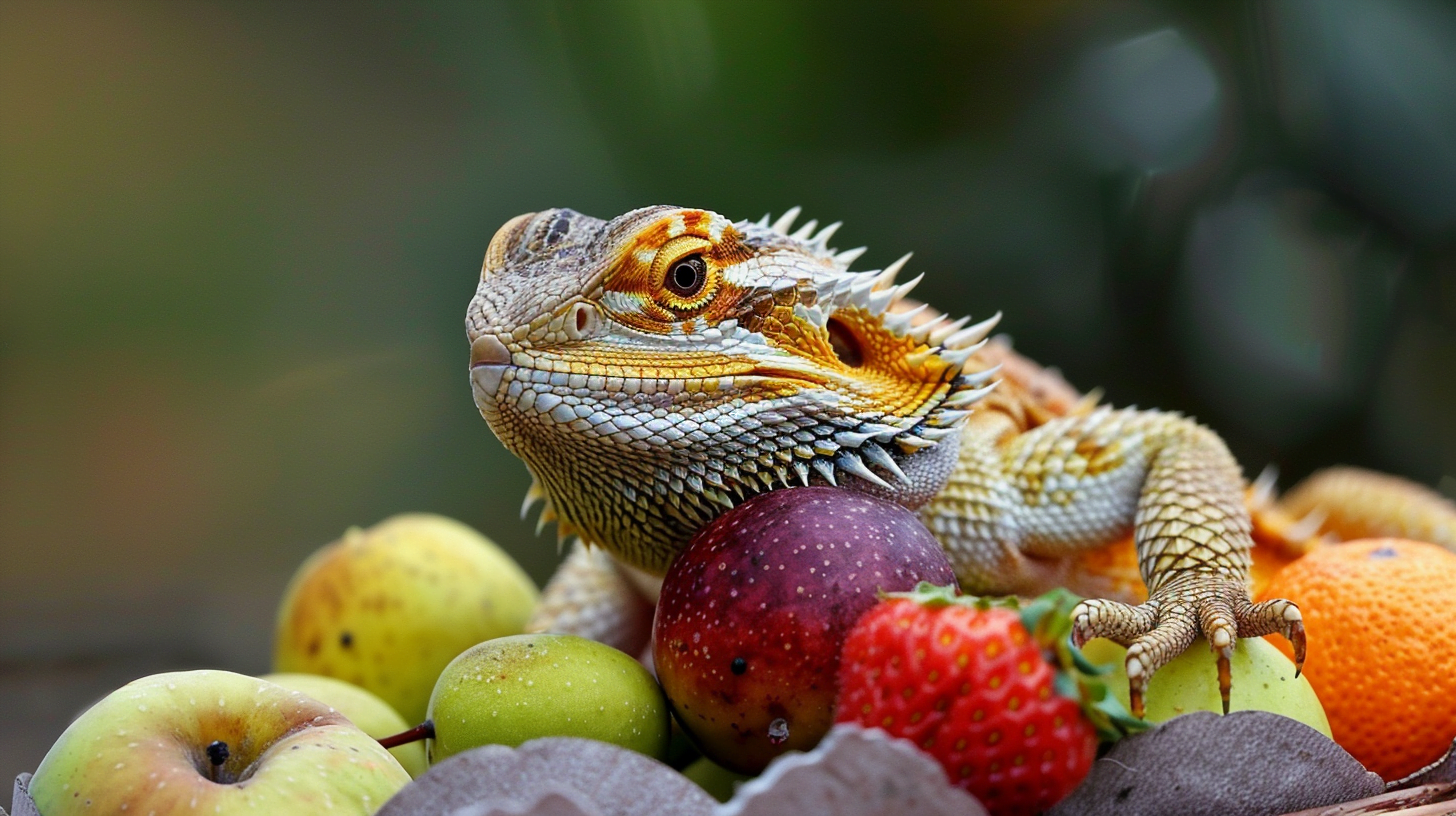Bearded dragons are omnivorous reptiles that enjoy a varied diet including leafy greens, vegetables, live feeder insects, and the occasional treat. As pet owners know, bearded dragons have big appetites and are always eager to explore new foods. This often leads beardie owners to wonder: can I feed my bearded dragon berries?
The short answer is yes, bearded dragons can eat some types of berries in moderation as an occasional treat. Berries offer beneficial vitamins, minerals, antioxidants, and fiber. However, there are also toxic berries that should be avoided. But… What Kind of Berries Can Bearded Dragons Eat?
This article provides an in-depth look at the best and worst berries for bearded dragons. Read on to learn which berries your beardie can munch on and which to keep away from your pet reptile.
An Overview of Bearded Dragons’ Berry Diet
Bearded dragons are omnivores, meaning they eat both plant and animal matter. In the wild, berries provide a supplemental food source with key nutrients. The same applies in captivity.
Bearded Dragons Can Eat Some Berries in Moderation
Certain berries are perfectly safe for bearded dragons to eat and provide health benefits. Blueberries, raspberries, strawberries, blackberries, and banana berries are all suitable in moderation.
These berries supply vitamins (A, C, E), minerals (calcium, phosphorus), antioxidants, and fiber. This makes them a healthy, natural treat.
Avoid Toxic Berries Harmful to Bearded Dragons
However, many berries are toxic for bearded dragons and must be avoided. Grapes, raisins, elderberries, cherries, and holly berries can cause serious health issues ranging from digestive upset to kidney failure.
Berries Are Treats, Not Diet Staples
It’s important not to overfeed berries. They are high in natural sugar and should be limited to occasional treats. Leafy greens, veggies, and live prey should make up the bulk of a beardie’s diet.
Now that we’ve covered the basics, let’s dive into the details on which berries are beardie-approved and which to avoid.
The Best Berries for Bearded Dragons
Here are the healthiest, safest berry options to feed your bearded dragon:
1. Blueberries
Blueberries are packed with beneficial antioxidants and low in sugar compared to other fruits. They provide vitamins C, K, and fiber.
Blueberries are perfectly safe for bearded dragons to eat. Offer a couple of small blueberries 2-3 times per month.
2. Raspberries
Raspberries are a great source of vitamin C, manganese, and fiber. These tasty berries tend to be a favorite treat for bearded dragons.
Feed a couple of raspberries 2-3 times per month. Chop large berries into smaller pieces for easy eating.
3. Blackberries
Blackberries are loaded with vitamins, minerals, and antioxidants. They provide lots of vitamin C, vitamin E, vitamin K, magnesium, and manganese.
These berries are safe for bearded dragons when fed in moderation, 2-3 times per month. Offer just 1-2 blackberries per feeding.
4. Strawberries
Strawberries are packed with vitamin C and fiber. They make a nice sweet treat.
Cut strawberries into small, bite-sized pieces before feeding to your beardie. Feed a few small pieces 1-2 times per month.
5. Banana Berries
Banana berries are soft, sweet berries that resemble a tiny banana. They are a good option since they are easy for bearded dragons to digest.
Feed about 1 banana berry per month as an occasional treat. Too much can cause loose stool.
Berries to Avoid for Bearded Dragon Health
Just as there are berries safe for bearded dragons, there are also toxic berries to avoid:
1. Grapes and Raisins
Never feed your bearded dragon grapes or raisins. Both can cause acute kidney failure and death, even in small amounts.
2. Cherries
Cherriescontain cyanide, which is toxic to reptiles. The pits contain even higher concentrations. Avoid feeding cherries to bearded dragons.
3. Elderberries
While elderberries are anti-inflammatory and may benefit humans, they are toxic for beardies. Ingestion can cause diarrhea, vomiting, seizures, and even death.
4. Holly Berries
These festive red berries are highly toxic. Ingestion of holly berries may cause seizures, loss of muscle coordination, and even death in bearded dragons.
Feeding Your Bearded Dragon Berries
Follow these tips for safely feeding your bearded dragon approved berries:
- Wash thoroughly. Clean berries well under cool running water to remove dirt, pesticides, and contaminants.
- Remove stems, leaves, and inedible parts. Berries often have tough stems or leaves attached—remove any parts your beardie can’t safely eat.
- Chop into bite-sized pieces. Cut larger berries into small pieces your dragon can comfortably eat. Avoid whole grapes or cherries which could pose a choking hazard.
- Feed in moderation. Offer just 1-2 berries at a time, 2-3 times per month. Berries should be an occasional treat, not a diet staple.
- Monitor their stool. Discontinue berries if you notice loose stool or changes in urates, which could indicate digestive upset.
Fresh vs. Frozen vs. Dried Berries
You can feed your bearded dragon fresh, frozen, or dried berries. Each has pros and cons:
Fresh Berries
Pros: Highest level of nutrients. Appealing taste and texture.
Cons: Short shelf life. Must be used quickly before spoiling.
Frozen Berries
Pros: Convenient. Long shelf life. Nutrients preserved.
Cons: Can be costly. Need to thaw before feeding.
Dried Berries
Pros: Easy to store and transport. Long shelf life.
Cons: Lower nutrient levels. Higher sugar content per berry.
Any of these berry types are suitable for bearded dragons if used in moderation. Variety is great—mix up fresh, frozen, and dried!

berry-Related Health Concerns for Bearded Dragons
While berries are a nutritious treat in moderation, be aware of the following concerns:
- Obesity: Too many high-sugar fruits can lead to obesity and associated health problems in bearded dragons.
- Nutritional Imbalances: Overfeeding berries could displace healthier dietary staples like leafy greens and vegetables.
- Intestinal Impaction: Overdoing high-fiber berries could cause impaction from seeds or skin. Hydrate well to avoid.
- Dehydration: Juicy berries have high water content. Monitor hydration if replacing too much of your dragon’s needed water intake.
That covers the major health considerations around feeding bearded dragons berries. As with any treat, moderation is key!
Frequently Asked Questions
How often can I feed my bearded dragon berries?
Aim for just 1-2 times per month. Berries should be an occasional treat, not a daily or weekly staple of their diet.
What quantity of berries should I feed my bearded dragon?
Feed just 1-2 small berries at a time, around the size of your beardie’s head. Overfeeding berries can cause health issues.
Are wild berries safe for bearded dragons?
No, wild berries may be contaminated with pesticides or bacteria. Only feed commercially grown, organic store-bought berries.
Can baby bearded dragons eat berries?
Yes, but wait until 4-6 months old and chop berries into tiny pieces for easy eating. Only feed 1 small piece at a time.
Conclusion
In conclusion, most bearded dragons can enjoy small amounts of berries like blueberries, raspberries, and blackberries as an occasional treat. These berries provide beneficial vitamins, minerals, antioxidants, and fiber.
However, toxic berries like grapes, cherries, and holly berries should be avoided at all costs. When feeding berries, stick to moderation, monitor stool quality, and choose safe, beardie-approved options. Happy munching!




